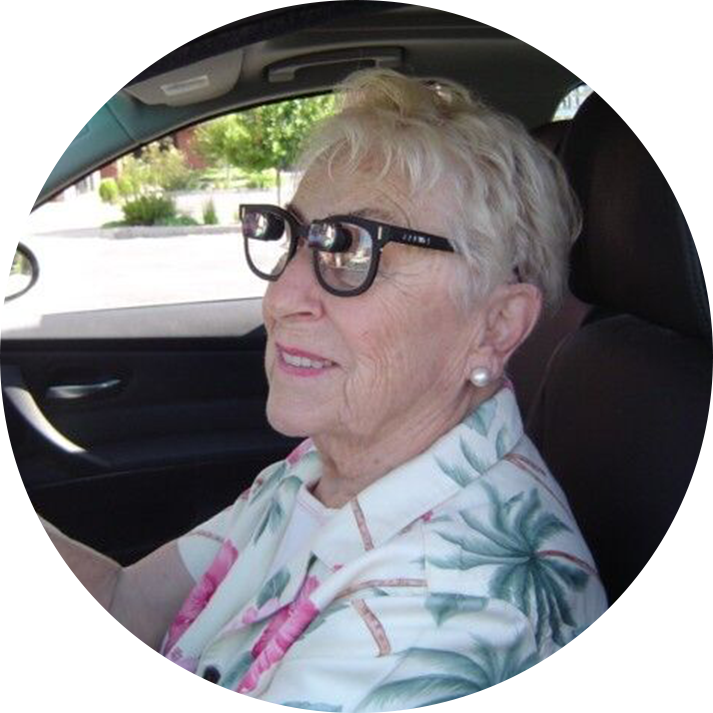Central vision loss from macular degeneration (AMD) can significantly affect your daily functioning, including your ability to drive.
Macular degeneration, also known as age-related macular degeneration (AMD), is a progressive eye disease that develops when the macula, or center of the retina, begins to deteriorate.
Macular degeneration is one of the leading causes of blindness in adults over the age of 50.
Signs of AMD
In its initial stages, AMD causes blurry or cloudy vision and dark “blind” spots in the central visual field. During this early stage, reading road signs and driving at night or in certain weather conditions may be challenging.
As the disease progresses, the blind spots will grow larger, and eventually lead to a total loss of central vision. As a result, your ability to drive safely may no longer be possible.
If you have been diagnosed with macular degeneration, contact an eye doctor near you, who can discuss the best options.
SEE RELATED: Protecting Yourself From Macular Degeneration
How can a low vision device help?
Here’s the good news, many patients with AMD can continue to drive with the help of a low vision device.
However, whether a low vision aid will improve your vision for safe driving will depend on the severity of your vision loss— and your ability to drive with a low vision aid will depend on the driving laws in your region.
If you feel that your vision prevents you from driving safely but you don’t want to lose your driver’s license, speak with your eye doctor or low vision specialist. Your eye doctor will assess your vision to determine if a low vision device will be able to help you drive safely, even with AMD.
Bioptic telescope glasses are worn on top of your regular prescription glasses, and are the preferred low vision aid for driving with AMD.
Bioptic telescope glasses enhance distance vision for patients who have mild to moderate central vision loss, but adequate peripheral vision.
These lenses magnify distant objects, making them appear larger and closer, and facilitate the ability to see traffic lights and road signs from a distance.
If you are an ideal candidate for bioptic glasses, your eye doctor will provide the necessary training on how to properly use these low vision lenses, so that you can feel confident before you get behind the wheel.
LEARN MORE: Guide to Eye Conditions
Schedule an appointment with an eye doctor to assess your vision and determine if bioptic glasses can help you drive safely, even with AMD.
Maximizing your vision can help you to maintain your independence.


